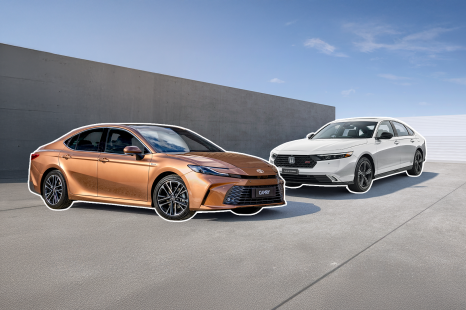

Andrew Maclean
2025 Honda Accord e:HEV RS vs Toyota Camry SL: Spec Battle
3 Months Ago
The updated Volkswagen Passat sedan doesn't set your pulse racing, but it's a supremely comfortable and high-technology mid-sized car for the shrinking few not interested in a family SUV.
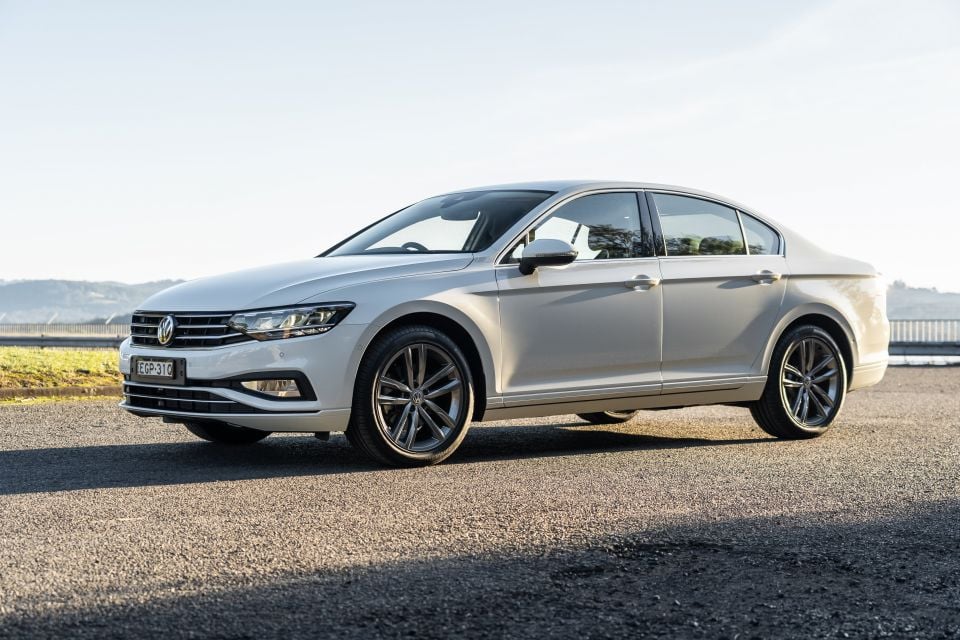
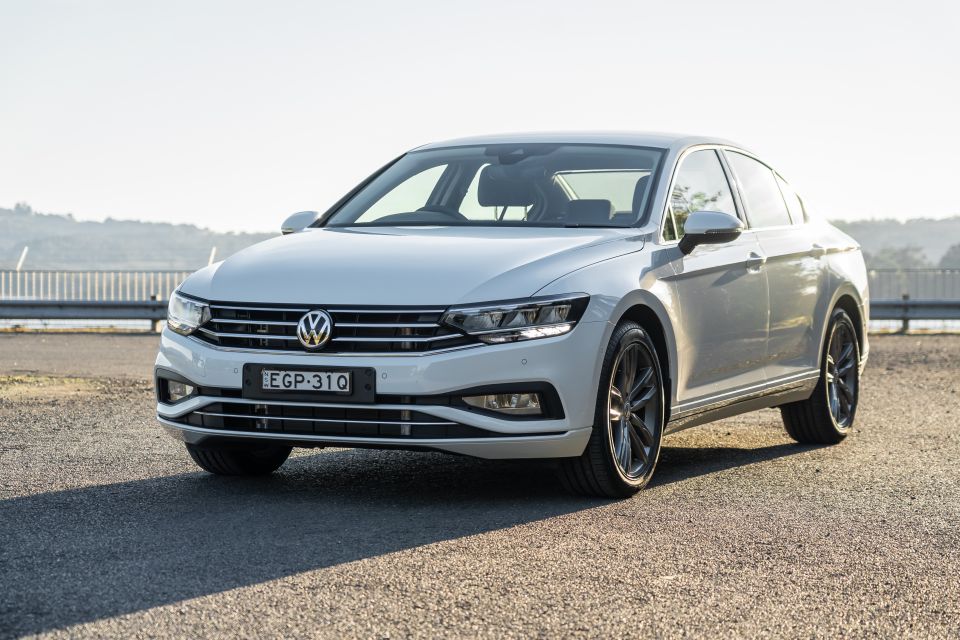

Senior Contributor
New from
$37,790
excl. on-roads

Senior Contributor
New from
$37,790
excl. on-roads


Senior Contributor
New from
$37,790
excl. on-roads

Senior Contributor
New from
$37,790
excl. on-roads
Quickly see how this car stacks up against its competition. Select any benchmark to see more details.
Where expert car reviews meet expert car buying – CarExpert gives you trusted advice, personalised service and real savings on your next new car.
The Passat is as much a staple of Volkswagen’s global range as the Golf and Tiguan, though sales of this mid-sized car have slowed to a trickle in SUV-loving Australia.
Which is why the company has repositioned the model for its 2020 update. The sole variant available at the time of writing is called the 140TSI Business, in either sedan and wagon body styles.
The name says much, as this is clearly a car that’ll attract sales reps, and certain police departments that are now driving Volkswagen Passats for various duties. But it’s not without private appeal either, despite our white sedan test car looking as exciting as a tax invoice.
By early 2021, revised versions of the go-fast Volkswagen Passat 206TSI with all-wheel drive, and the adventure-ready Passat Alltrack crossover will complete the range. But the 140TSI Business is it for now.

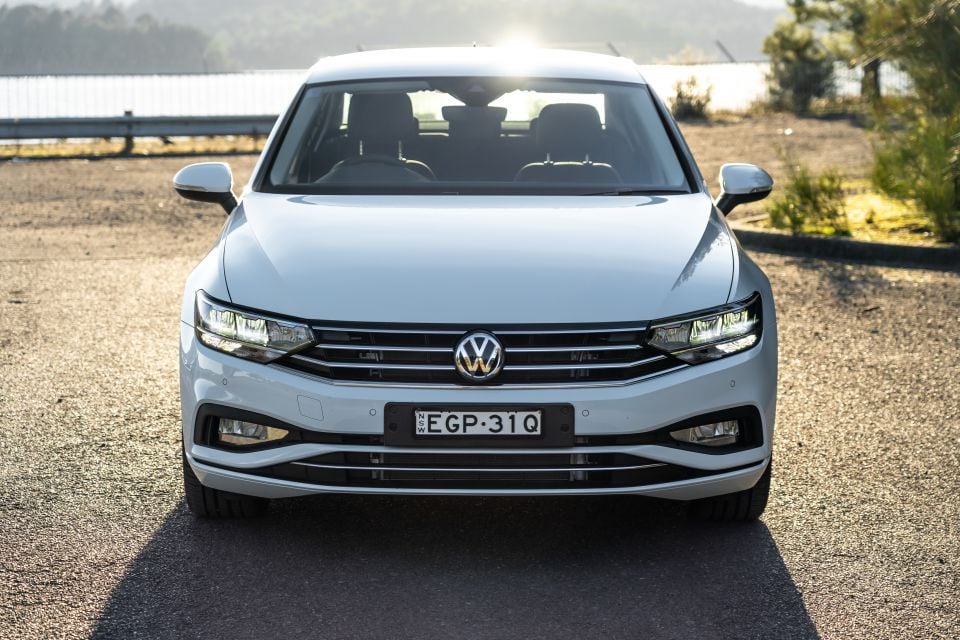
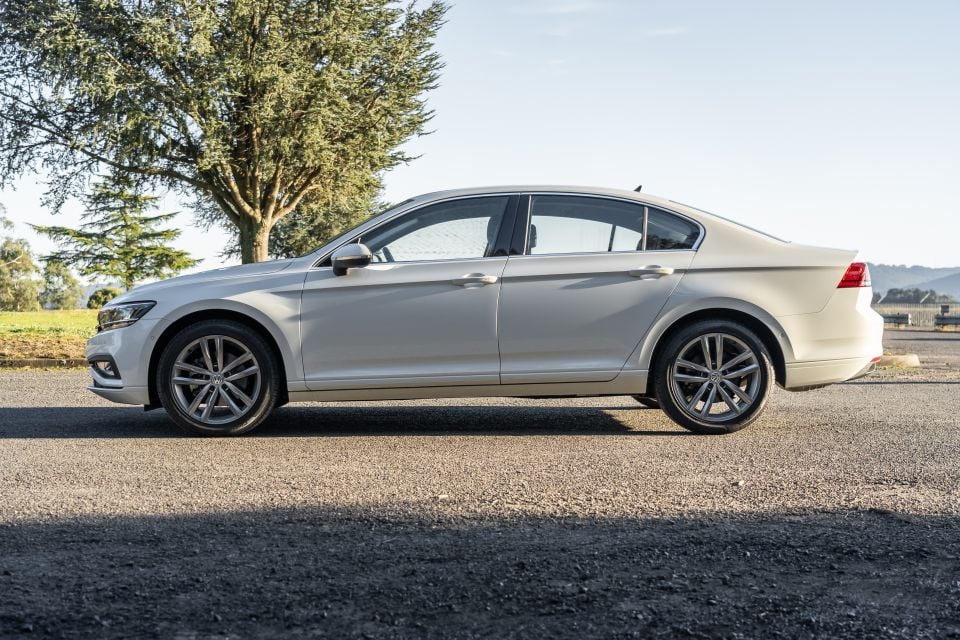
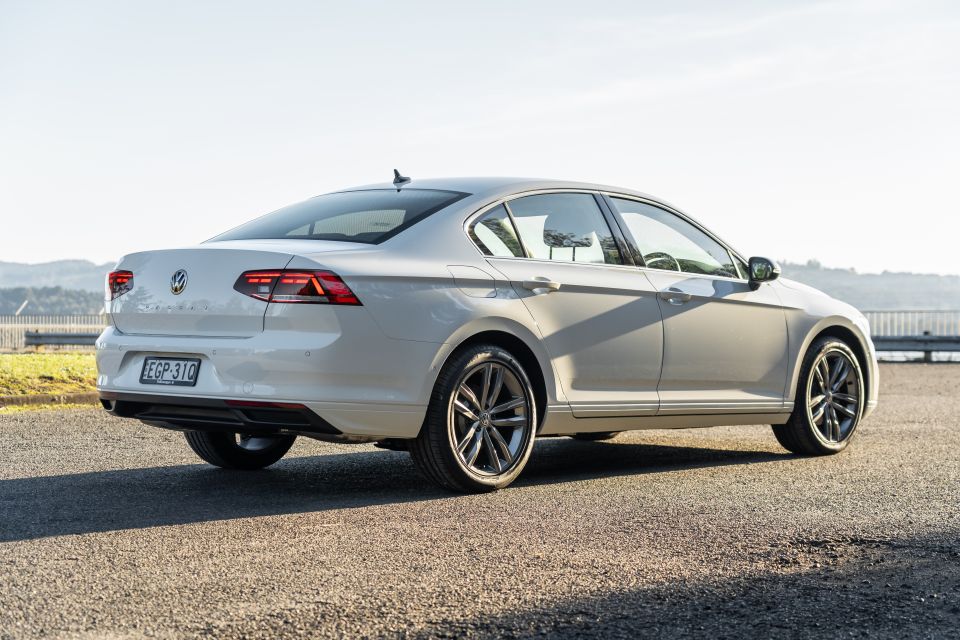
The Passat 140TSI Business sedan wears a sticker price of $45,990 before on-road costs. The wagon is a further $2000.
However at the time of writing Volkswagen had been selling the sedan for $42,990 drive-away on its online buying portal, which represented a significant saving over recommended retail price.
Competitors worth looking at include the Mazda 6 GT, Toyota Camry SL, Honda Accord, and the larger in-house competitor Skoda Superb 162 TSI.
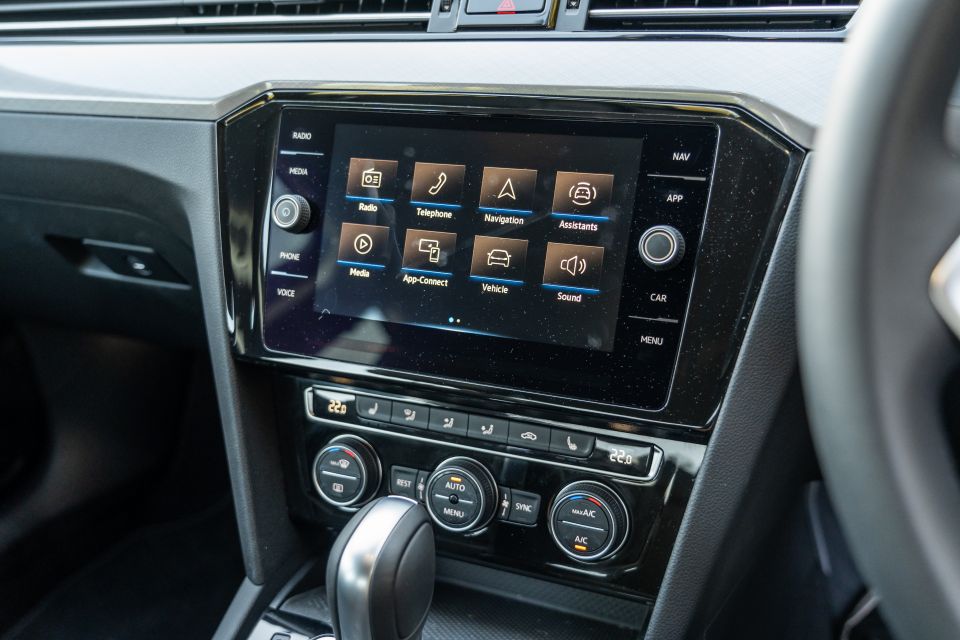
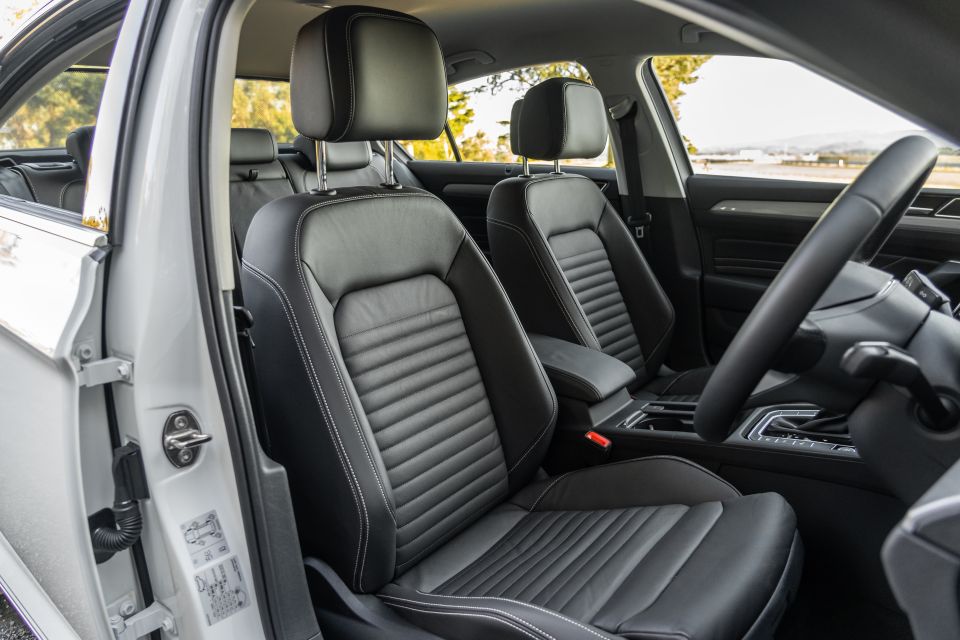
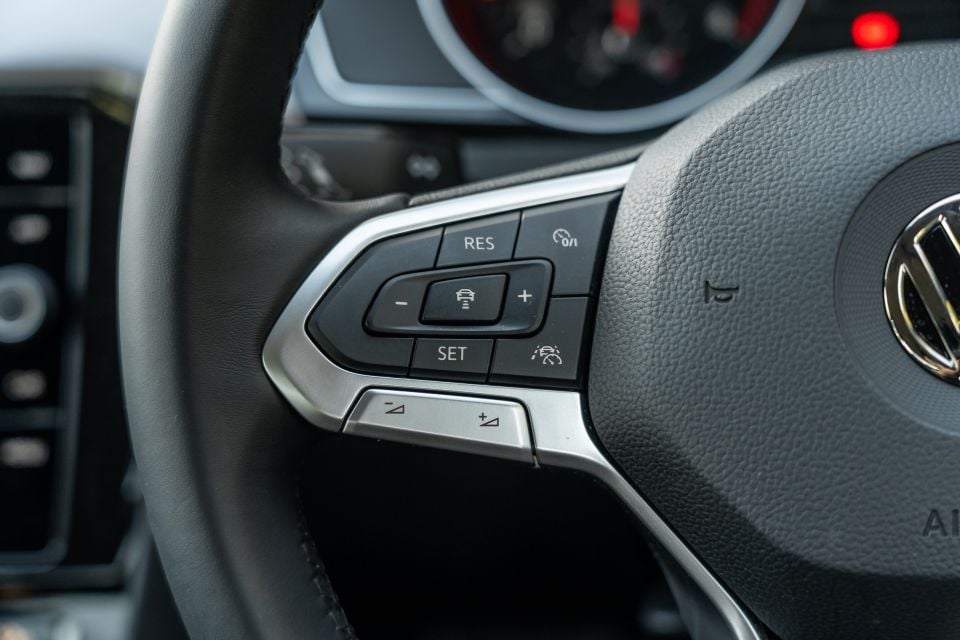
Buy your new car without the stress. It's fast, simple and completely free.
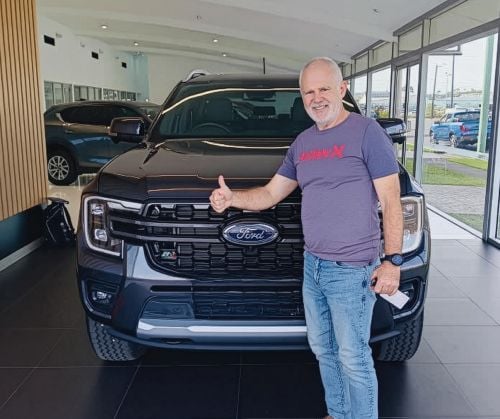
Great service from Travis and team, second time I have used this business would not hesitate to recommend them to anyone
Craig C.
Purchased a Ford Ranger in Sunshine Coast, QLD
CarExpert helped Craig save $7,224 on his Ford Ranger, now let us save you on your next new car.
Get your BEST priceThere may only be one variant, but it’s well-specified.
Exterior features include 18-inch wheels with a full-sized alloy spare, LED daytime running lights and rear combination lights, dusk-sensing LED headlights, tinted glass, a proximity key fob, and auto-folding heated side mirrors.
Inside there’s three-zone (two front and one rear) climate control with allergy filter, Vienna leather seats that are heated and powered for front occupants, rain-sensing wipers, a leather-wrapped steering wheel, and ‘cross hatch’ decorative silver cabin inserts.
Infotainment is displayed on an 8.0-inch ‘Discover Media’ touchscreen with smartphone-like swiping and a pinch/zoom interface, and features include factory satellite-navigation, Android Auto, wireless Apple CarPlay, eight speakers, Bluetooth, and three faster-charging and smaller USB-C points.
There are none of the larger and more familiar USB-A slots, so expect to buy a new charging cable.
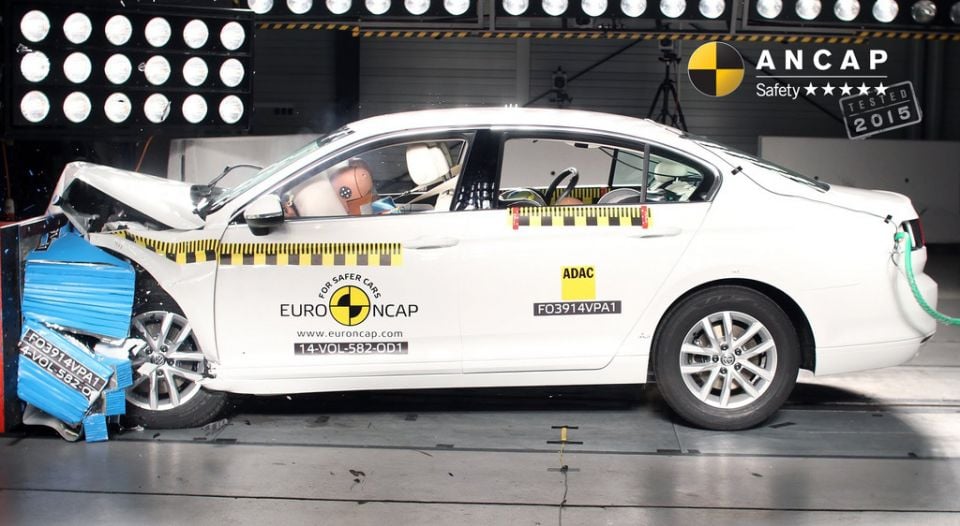
ANCAP awarded the Volkswagen Passat five stars in 2015 when this current generation launched, with a score of 35.89 out of 37.
Features include head- and side-protecting curtain airbags for both seat rows, dual front airbags, and a driver’s knee airbag. There are two Isofix child-seat anchor points and three top tether points, and a multi-collision braking system that prevents the car being shunted forwards in a secondary rear collision, should the driver be incapacitated.
Volkswagen has also fitted the updated Passat with its latest IQ. Drive driver-assistance functions, that make the Passat partly autonomous on highways. Features fitted include:
The best part of the Passat’s interior is its ‘ergo comfort’ heated driver’s seat, trimmed in hard-wearing leather. It has electric height and reach adjust, lumbar support, good side bolstering, and a soft headrest. It’s superb.
The front passenger seat is identical except it lacks the driver-side memory presets.
The interior build quality is beyond reproach – try moving the centre console, which feels like its bolted to the chassis. The stitched leather door padding, cloth-lined door bins, console lid and new-design wheel with damped buttons add some premium.
Storage options beyond those door bins that can house a litre bottle and book, include a small but deep console, felt-lined glovebox, open phone holder below the ventilation controls, centre cup holders, and a sunglasses bin in the roof.
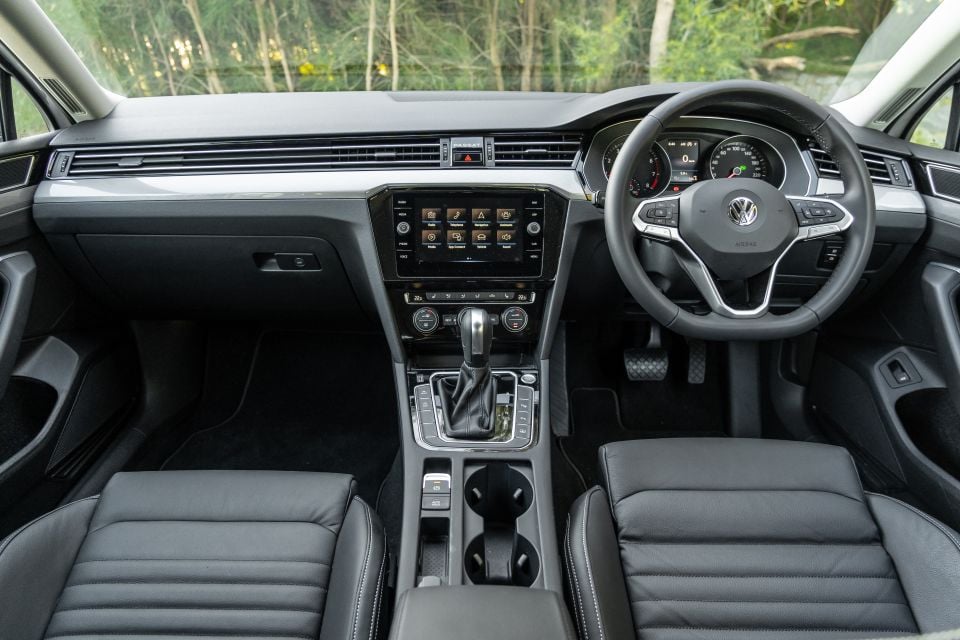
The centre 8.0-inch touchscreen is flanked by eight shortcut touch points and two dials, and can also be controlled by a contactless swiping hand gesture, which once seemed like a novelty but in times of COVID-19 makes some sense.
There’s factory satellite navigation, and you also get phone mirroring that lets you use Google Maps or Waze. Another great feature is wireless Apple CarPlay via Bluetooth that opens up the second you climb into the car.
There are two USB-C points, but no larger and more familiar USB-A points, so expect to buy a new charging cable or at least an adaptor.
There are two observations I have in the negative column: the presence of wireless CarPlay without a wireless phone charging pad seems like an oversight, and the analogue driver’s instruments with a small centre digital speedo look old-hat compared to VW’s digitised Active Info Display.
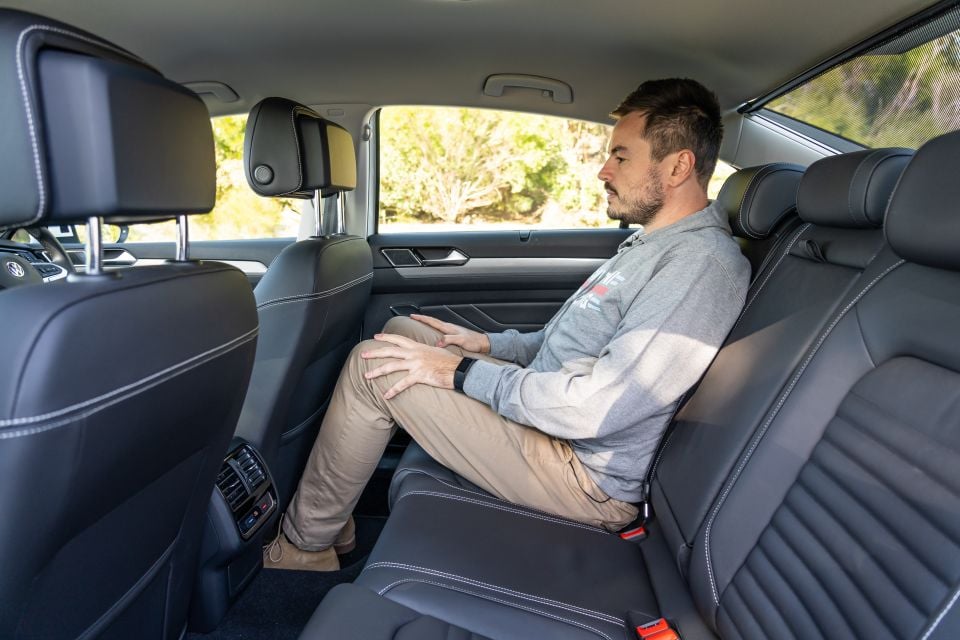
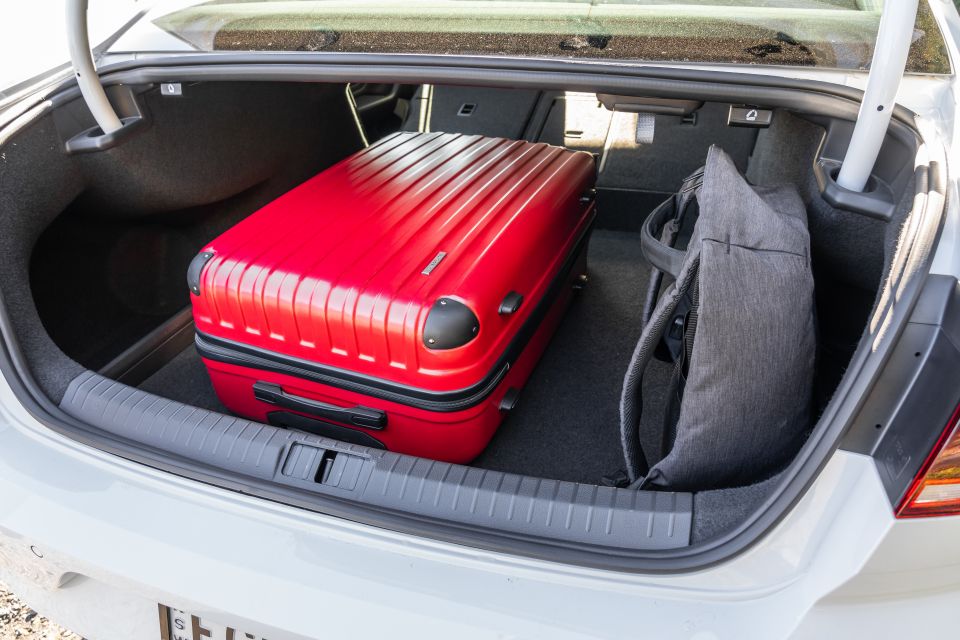
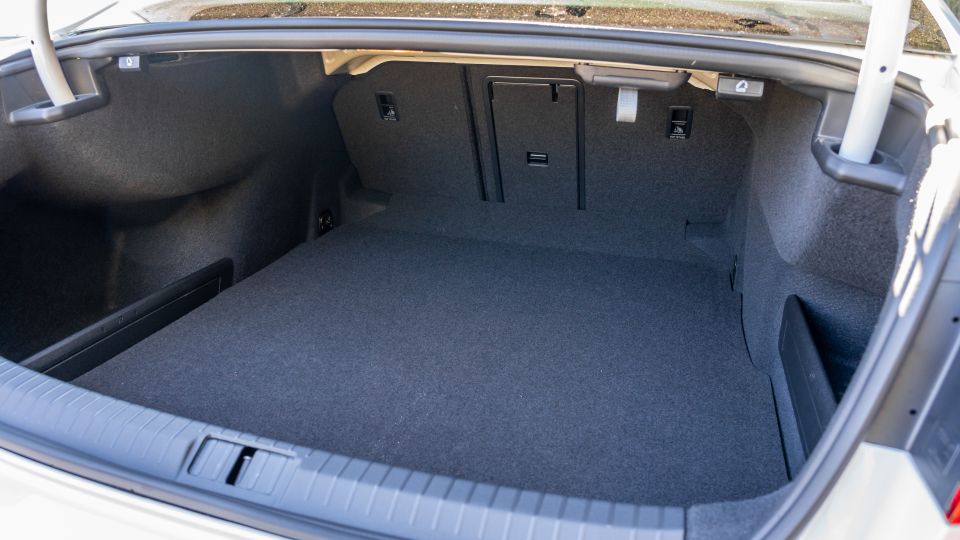
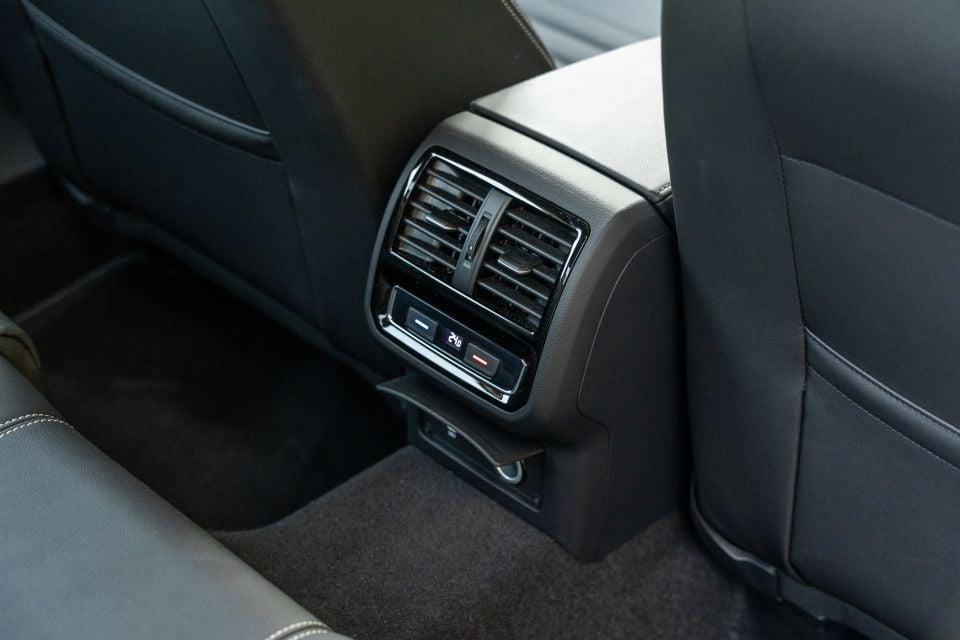
This digital display now comes on cheaper Volkswagens than the Passat, and it seems like a feature that suits the high-kilometre buyers targeted here.
To the back seats. Amenities include a centre armrest with cup holders, cloth-lined door bins, pull up side and rear sunblinds, a USB-C point and 12V socket, LED lights, and rear air vents with their own temperature controls.
I am 194cm and had sufficient legroom and knee room behind my own preferred driving position, but lacked headroom a smidgen. I’m an outlier, however. The back seats are nicely pitched, have soft headrests, and a ski port.
The boot is 586 litres and 1.2m long, and the back seats can be folded down with levers and one pull. There are also two sectioned-off storage areas behind the wheel arches and a 12V socket. And there’s a full-size Pirelli Cinturato tyre and alloy wheel under the floor.
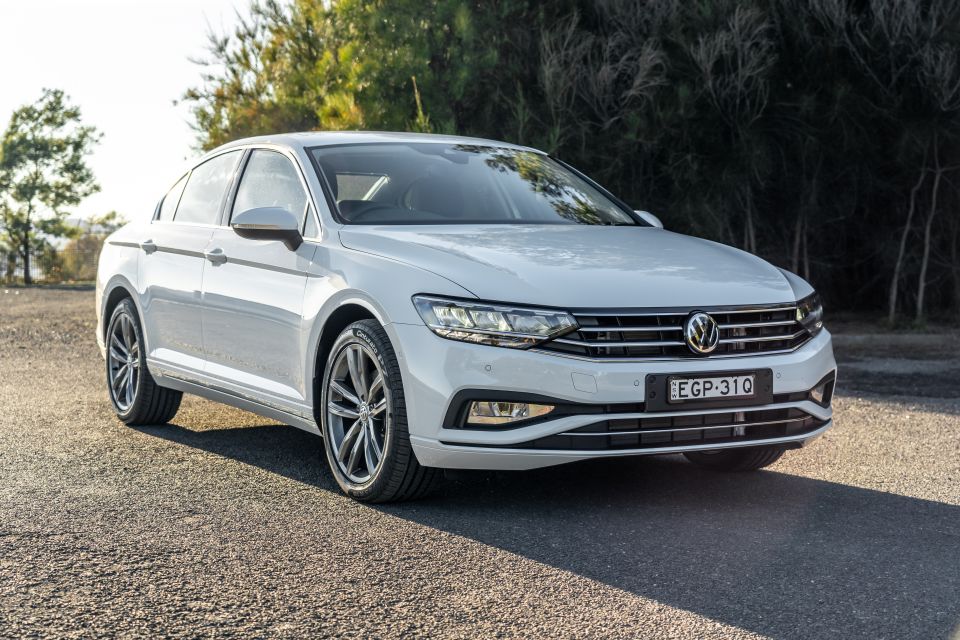
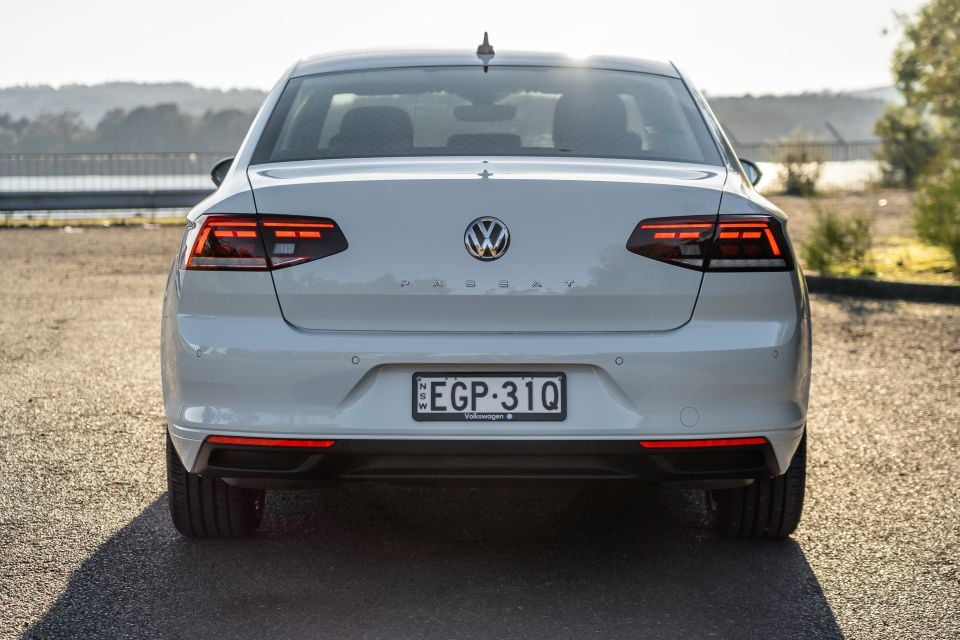
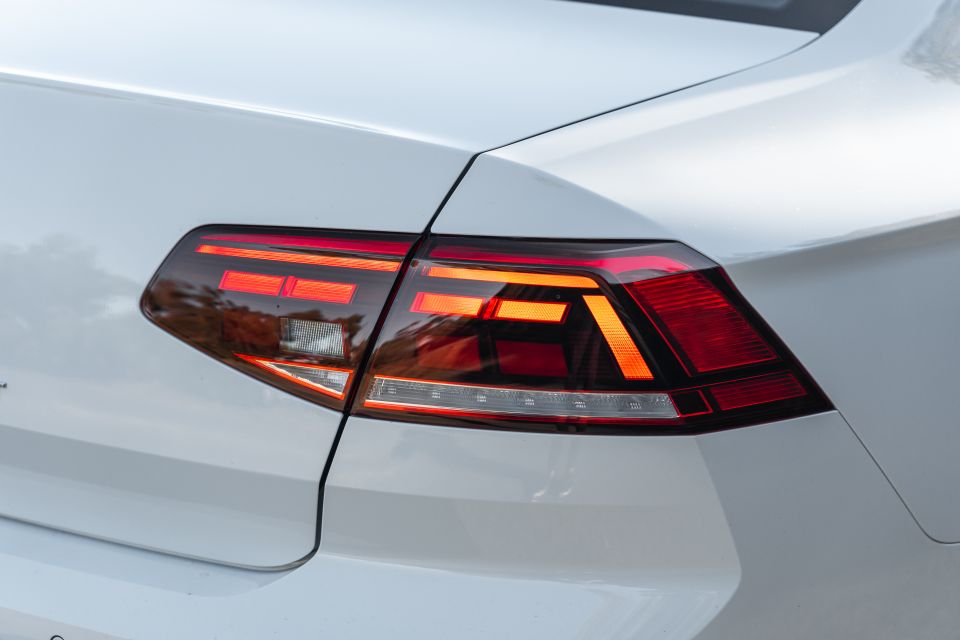
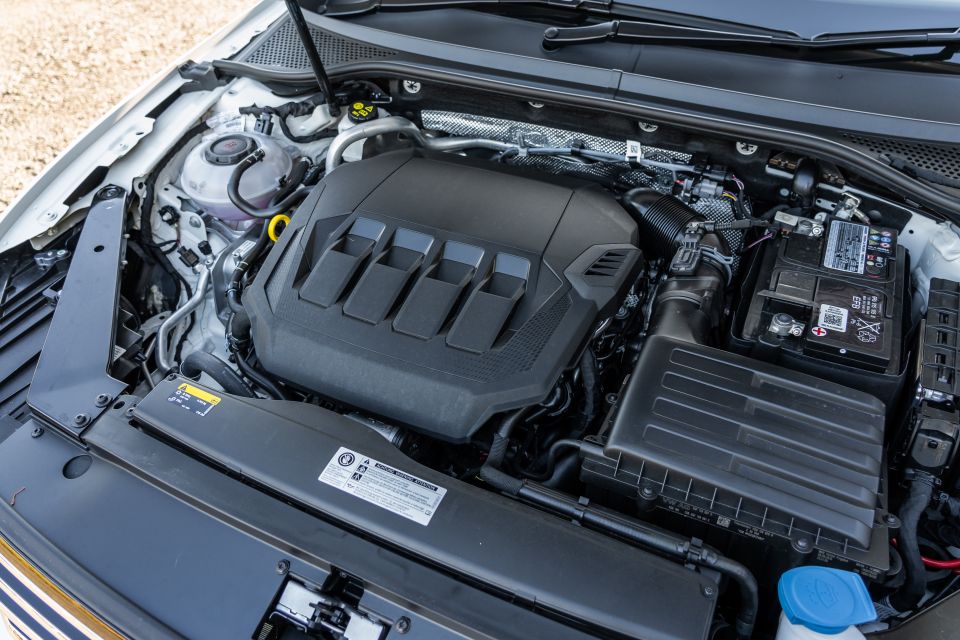
The updated Passat’s sole engine at present is a 2.0-litre turbocharged petrol making 140kW of power between 4200 and 6000rpm, and 320Nm of peak torque between 1450 and 4390rpm.
Those outputs are up 8kW and a substantial 70Nm over the previous 1.8-litre Passat 132TSI model.
Drive is sent to the front wheels via a seven-speed DSG dual-clutch automatic, enabling a 0-100km/h dash of 7.9 seconds. I achieved 8.02 seconds on the first try, so this figure is clearly realistic.
Fuel consumption is an impressively low 6.4 litres per 100km on the combined urban/country cycle, though this is 0.4L/100km inferior to the old model’s claim.
On a 300km drive to the family farm and back at an average speed of 80km/h with some fairly dynamic stints, I averaged a very impressive 5.8L/100km. The 66L tank means a 1000km-plus driving range between refills is possible.
As with all Volkswagen products, it requires 95RON premium fuel, but its petrol economy is second only to the hybrid Camry and Accord in this class – though the diesel-fired Mazda 6 would likely undercut it too, and offer more torque.
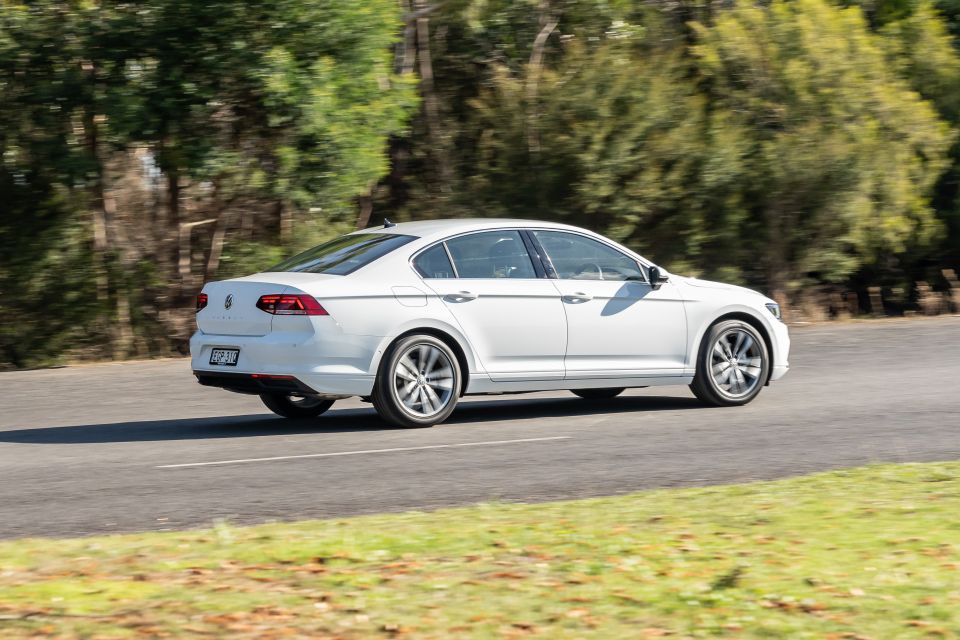
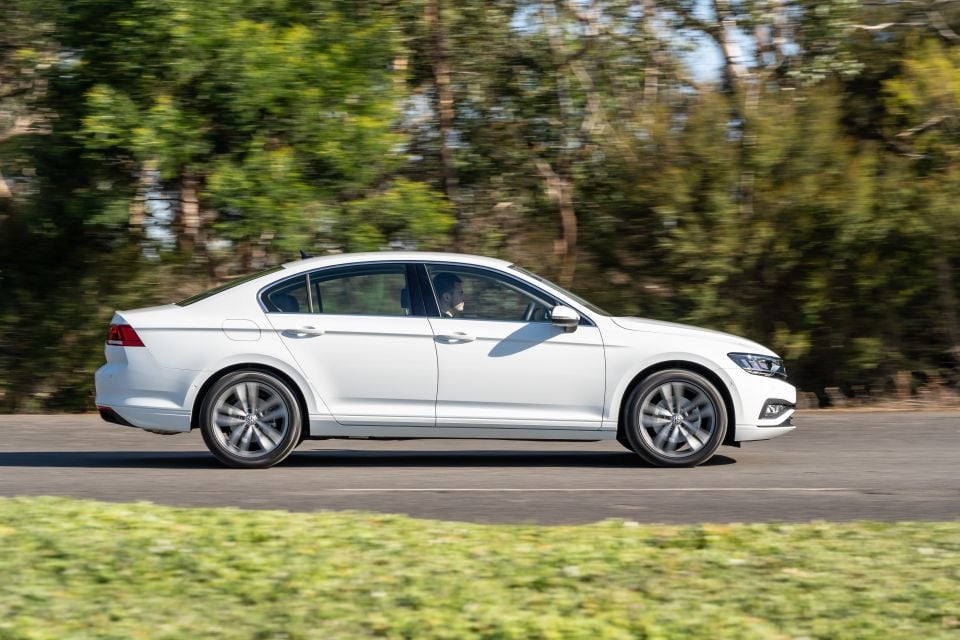
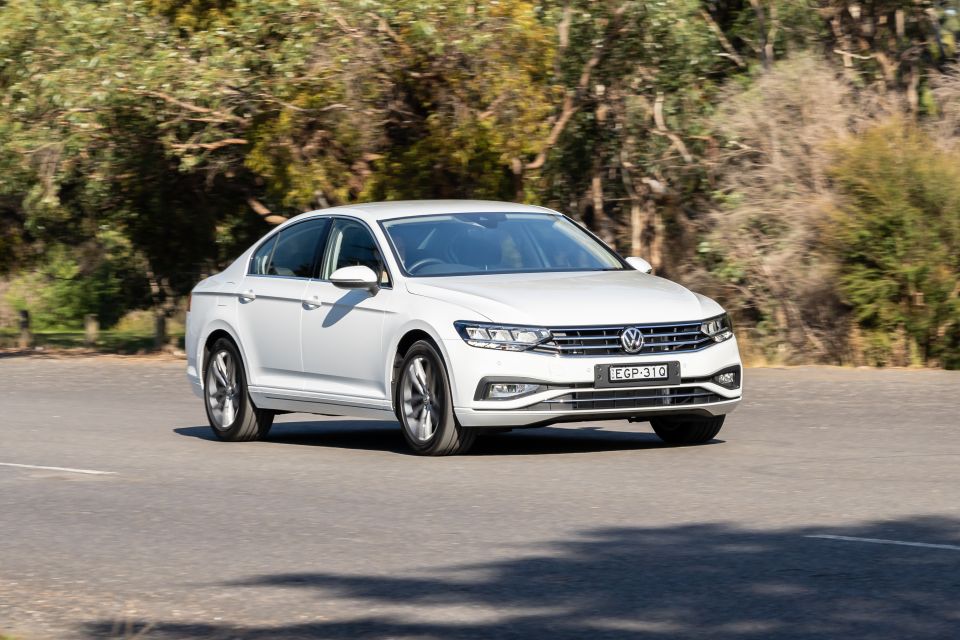
The engine is refined and lacks nothing when it comes to rolling response, though as ever you need to modulate throttle inputs in stop-start conditions to get the smoothest experience out of the quick-shifting DSG.
Power delivery to the front wheels is smooth enough, with little loss of traction from the Pirelli Cinturato tyres. However, if you smash the throttle from take-off you’ll still hear a quick chirp.
The suspension layout comprises front MacPherson struts with lower wishbones up front and four linkages and coils at the rear. Anti-roll bars are fitted to both ends, as are passive dampers.
The emphasis is clearly on comfort, and you’re nicely isolated from corrugations and potholes. While the springs are soft enough to cushion you, body control is also good, with the car quick to settle and sufficiently flat through corners.
Noise, vibrations and harshness (NVH) are well suppressed, and the lane-assist function with steering controls successfully reads and steers between road lines even at night, before prompting you to take over after 15 seconds.
If you don’t, the car tightens your seatbelt and jolts the brakes quickly in an attempt to wake you, before turning on the hazard lights and coming to a gradual halt.
The only area where meaningful improvements could be made would be the steering, which is very non-communicate and feel-free from centre even in the car’s sports mode, that adds resistance.
Yes it’s easy to drive, but never really as engaging as it could be. Does the target buyer mind?
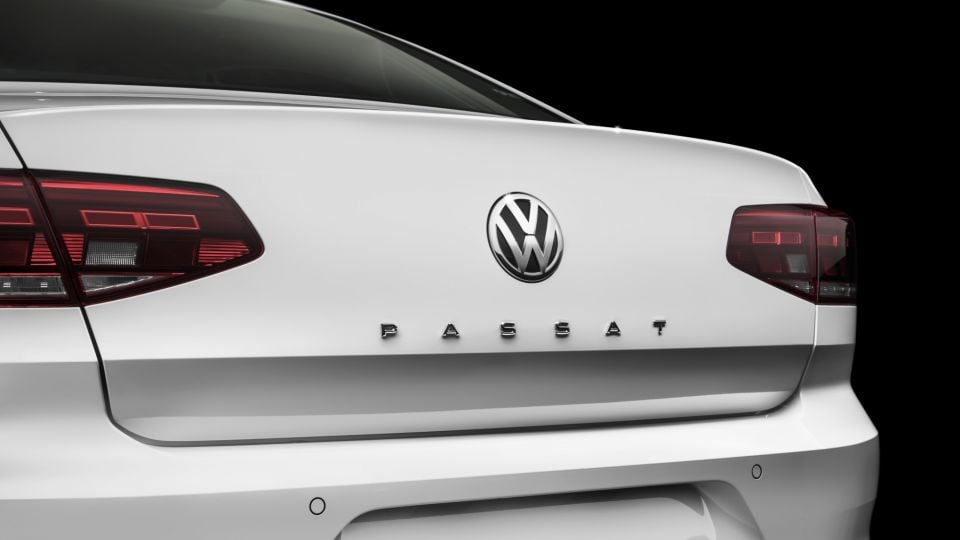
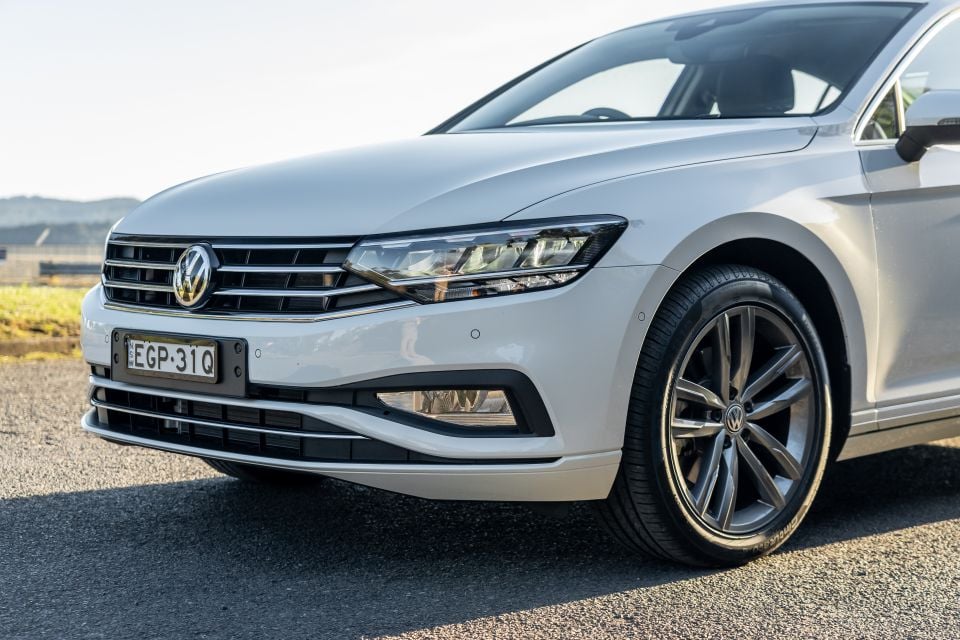
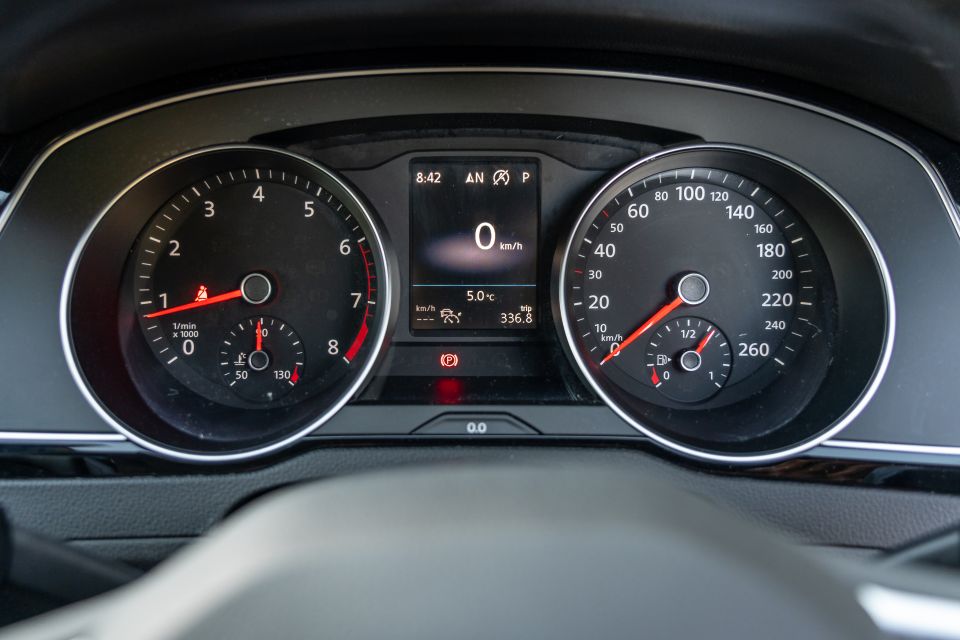

Volkswagen appears to have lifted its game in this department. It has a five-year, unlimited-kilometre warranty with a roadside assist plan renewed at each dealer service.
The company also offers three- or five-year service care plans with service intervals of 12 months or 15,000km.
The five-year plan costs $2300, which is an average visit cost of $460. If you pay per visit instead, it’ll cost you at least $389 more, so try to find the funds to pay in advance.
Bottom line is, the Passat is still not as cheap to run as a Camry, but it should prove more affordable to maintain through VW dealers than it was previously.
Buy your new car without the stress. It's fast, simple and completely free.

Great service from Travis and team, second time I have used this business would not hesitate to recommend them to anyone
Craig C.
Purchased a Ford Ranger in Sunshine Coast, QLD
CarExpert helped Craig save $7,224 on his Ford Ranger, now let us save you on your next new car.
Get your BEST price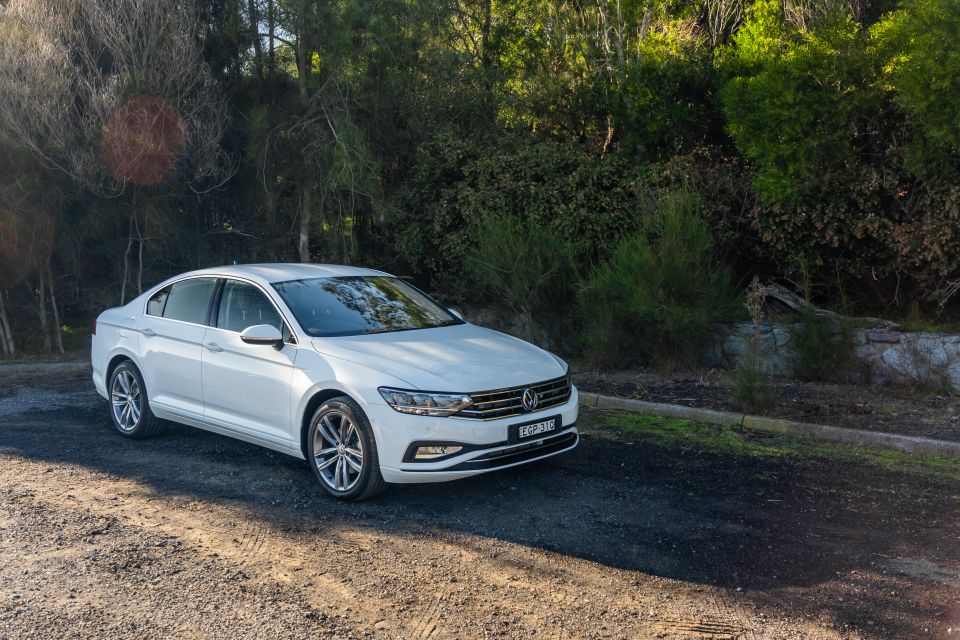
It won’t change your resting heart rate, but the 2020 Passat business is a polished and well-specified semi-premium sedan.
It’s quiet and comfortable, has good infotainment and safety functions, plenty of space, and delivers both punch and fuel economy – albeit not to the same degree as two hybrid competitors.
It’s unlikely to find a huge list of private buyers, but it’s a challenging car to find any great fault with.
Where expert car reviews meet expert car buying – CarExpert gives you trusted advice, personalised service and real savings on your next new car.


Andrew Maclean
3 Months Ago
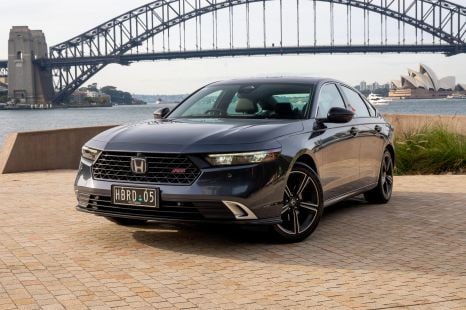

Andrew Maclean
3 Months Ago
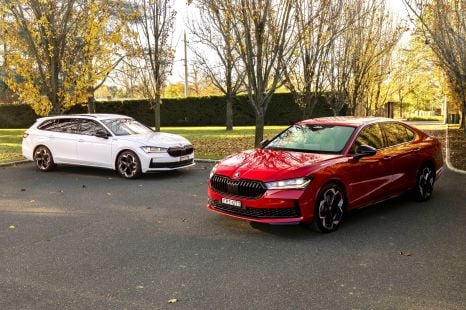

Max Davies
2 Months Ago
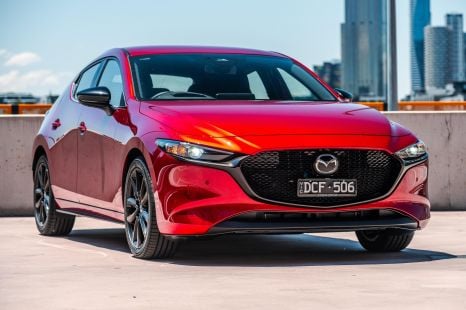

Josh Nevett
2 Months Ago
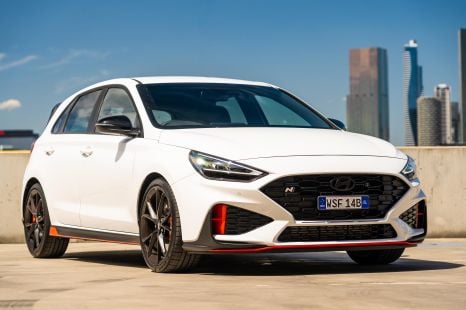

Josh Nevett
2 Months Ago
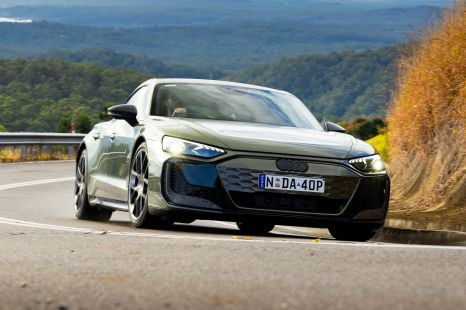

James Wong
2 Months Ago